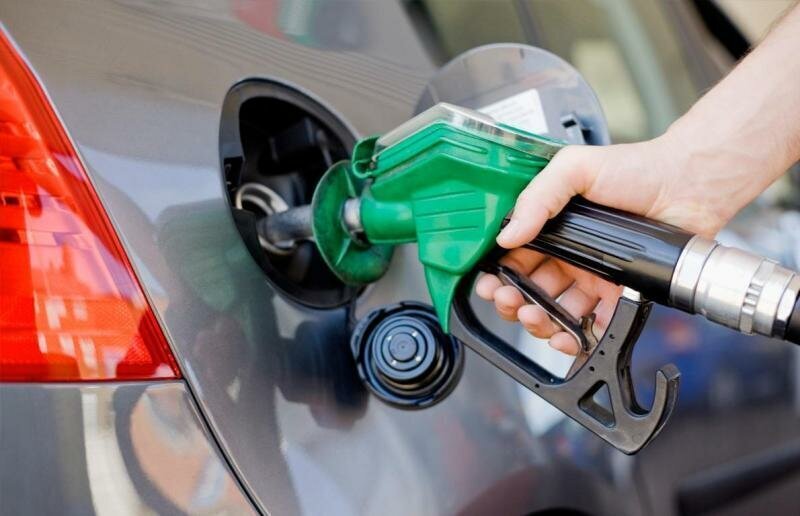Gasoline consumption falling significantly a year after rationing plan

TEHRAN – Gasoline consumption in Iran has been decreasing significantly since the implementation of a rationing plan nearly a year ago.
In mid-November 2019, the Iranian government started rationing subsidized gasoline and increased fuel prices as it plans to use the revenue for supporting underprivileged families.
According to the Oil Minister Bijan Namdar Zanganeh, curbing consumption and increasing export capacity were the main goals of the gasoline rationing plan.
After the implementation of the rationing program average daily gasoline consumption fell to 75 million liters in December and later the outbreak of coronavirus in early March and April led to even further decline in consumption so that in some days of April the figure even fell to about 22 million liters.
The average daily gasoline consumption since the beginning of the previous Iranian calendar year (March 21, 2019) up to the implementation of the rationing scheme on November 15, was about 95 million liters, which showed a 6.1-percent increase compared to the average daily consumption for the preceding year.
The downward trend of gasoline consumption has also continued in the current Iranian year.
The latest data released in this due show that the consumption has fallen about 30 percent in the first seven months of the current Iranian calendar year (March 20-October 21) compared to the same period last year.
In late November 2019, the deputy finance and economic affairs minister said the fuel rationing plan would make the country able to export 3.65 billion liters of gasoline every year and earn about 14 trillion rials (about $3.3 billion) from the exports.
“On average, 100 million liters of gasoline is produced in the country on a daily basis. If we could reduce fuel consumption by 10 million liters and sell it to the other Persian Gulf neighbors, we would export about four billion rials (about $952,000) a day, that would be 14 trillion rials (about $33.3 million) a year,” Mohammad-Ali Dehqan Dehnavi said.
EF/MA
